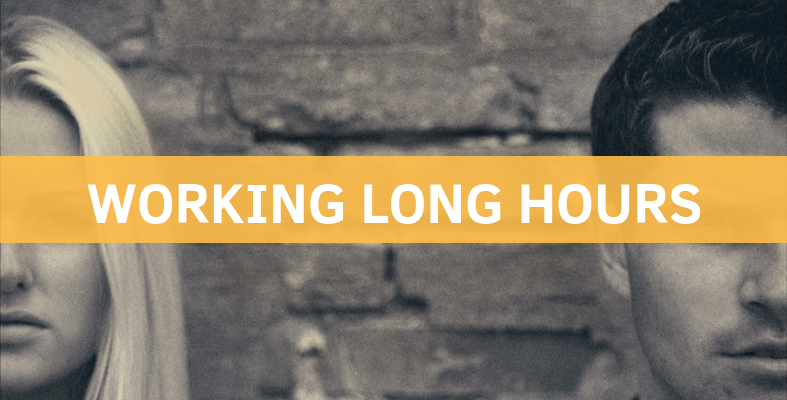
Working Long Hours Affects Genders Differently
Are You Hiring?
Find candidates in 72 Hours with 5+ million talents in Maukerja Malaysia & Ricebowl using Instant Job Ads.
HIRE NOW
It’s tough working long hours, as it affects your happiness. But according to recent research of employees in the UK, working long hours affects the genders in different ways. Women are found to be more adversely affected by working very long hours. Weekend work affects both men and women, but differently.
Nowadays, the traditional permanent work culture is being replaced by “gig economy”-type of flexible working. This means people are now working outside “normal office hours”, which affects their health. Women who worked 55 hours or more per week were significantly more likely to display depressive symptoms than those who worked full-time but fewer hours, or those who worked part-time.
The study focused on data from 2010-2012 that included 11,215 men and 12,188 women.
Men Work Longer Hours
Men in the study tend to work longer hours than women, with almost 50% working longer than 35-40 hours (the benchmark of a standard working week). Less than ¼ of women worked over the standard week hours, and 50% worked part-time (compared to only 15% of men). Among men, working even the longest hours wasn’t associated with any significant increase in depressive symptoms.
The researchers took into account other factors, including:
-
Education level
-
Marital status
-
The physicality of the job
-
Chronic illness
-
Whether the subjects had children
The study found that if women were married and had children, they were less likely to work very long hours, while men in the same situation were more likely to.
More Are Working on Weekends
Over ⅔ of the men and ½ of the women worked weekends. Working weekends did affect men’s wellbeing, but only when other factors were accounted for. Men with “poor psychosocial working conditions” who also worked weekends were significantly more likely to be depressed than the rest of the population.
The researchers hypothesised that women who work very long hours might be working male-dominated industries, while those working weekends were likely to be engaged in low-paid jobs such as public transport and cleaning.
The Forgotten Work
The researchers noted a large part of work goes unaccounted for: The work women do outside their employment.
Some women in the research are likely working very long hours, and then going home to childcare, housework, and other domestic duties, which the authors said could be studied in a future study.
“Previous studies have found that once unpaid housework and caring is accounted for, women work longer than men on average, and that this has been linked to poorer physical health,”
Are You Short on Staff? Reach millions of job seekers on Maukerja, Ricebowl, LinkedIn, Jora, Trovit, and more when you post a job on AJobThing.com Register today!
Source: Quartz
Related articles
China’s Intense “996” Work Culture
What to do if Your Employees are Working Late
Can Overtime Guarantee Your Company’s Success

